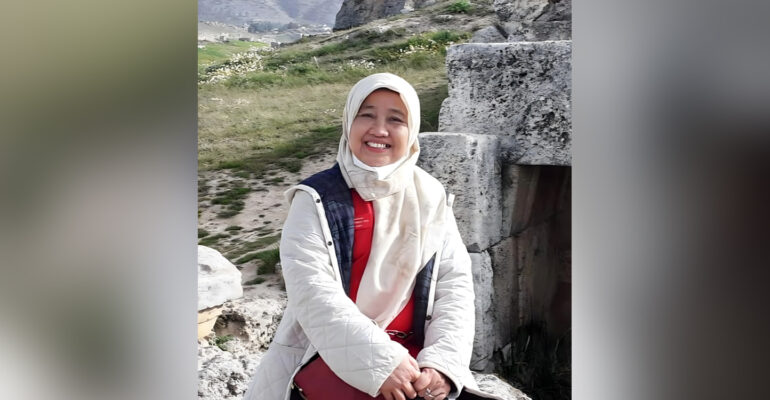IPB University Expert Proposes Nexus Approach for the Future of Sustainable Agriculture

The agricultural sector is facing increasingly complex global challenges. Climate change, natural resource degradation, and rising food demand due to population growth are key issues that need urgent solutions.
To address these challenges, a holistic and innovative transformation toward industrialized agriculture is essential. This transformation can be achieved through the integration of technology, modern management, and sustainability principles.
During the IPB University Professorial Scientific Oration Pre-Conference (6/2), Prof Setyo Pratiwi, a professor from the Faculty of Agricultural Technology, highlighted one of the main obstacles to this transformation: the disconnect between research innovations and their application in the field. As a result, new technologies are often underutilized by farmers.
“The gap between technology developers and end users causes many research findings to be less relevant to real-world agricultural needs. Therefore, a systematic approach is needed to bridge research, technology adoption, sustainable business models, and farmer welfare,” she explained.
She proposed a nexus-based approach as an integrative solution, connecting elements such as research, technology, and community well-being within a single framework.
“In this context, agricultural engineering, system engineering, and agricultural informatics play a central role in creating innovative solutions that not only boost productivity but also support sustainability,” said Prof Setyo Pratiwi.
Her concept adopts the Water-Energy-Food Nexus introduced by the World Economic Forum in 2011 but emphasizes the interconnection between fundamental research, the development of practical business-scale solutions, the implementation of sustainable business models, and farmer welfare.
“The synergy between system engineering, agricultural informatics, and the nexus framework for sustainable agricultural development provides a strategic approach to overcoming the gap between technological innovation and its field application,” she stated.
Prof Setyo also stressed the importance of business-scale solutions within the nexus approach. “This involves developing tailored solutions for small-scale, mid-sized, and large-scale farmers, including corporate agribusinesses. The ability to adopt technology varies across these groups. A systematic approach enables us to analyze their needs effectively,” she added. (Lp) (IAAS/RUM)



